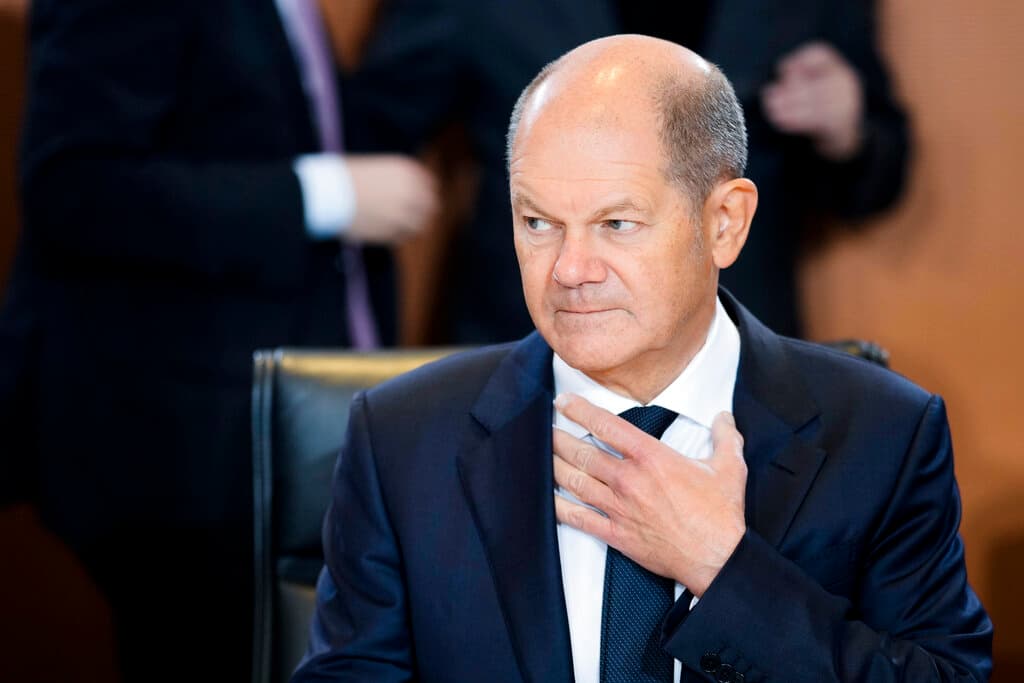Germany Emerging as the Sick Man of Europe, With Growth Projected at a Tenth of a Percentage Point This Year
Thirty-four years since reunification, the German star shines a bit less brightly than it used to.

BERLIN — The global economy may be on solid footing, according to the latest numbers from the OECD, an economic policy forum. The data, though, also reflect a broader, deep-set malaise in the heart of Europe — Germany.
Please check your email.
A verification code has been sent to
Didn't get a code? Click to resend.
To continue reading, please select:
Enter your email to read for FREE
Get 1 FREE article
Join the Sun for a PENNY A DAY
$0.01/day for 60 days
Cancel anytime
100% ad free experience
Unlimited article and commenting access
Full annual dues ($120) billed after 60 days

